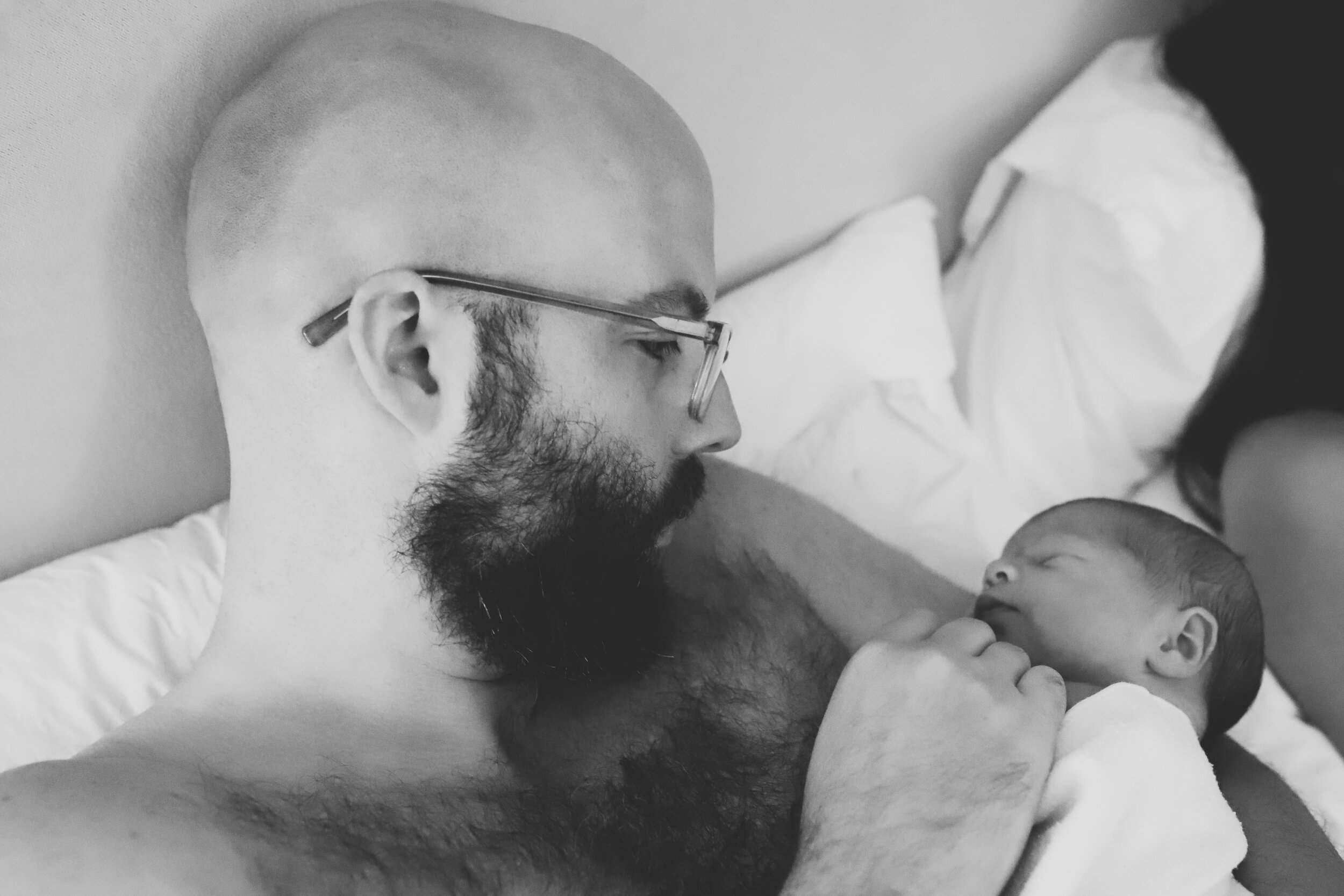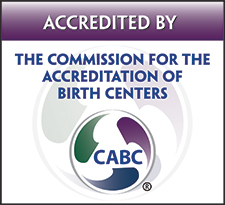With Father’s Day this weekend, we want to take a moment to celebrate all dads and non-birthing parents. Thank you for your endless love, comfort, support, and guidance as partners and parents. We are so grateful for the sacrifices and hard work you put in every single day.
Dads and non-birthing parents are a vital part of pregnancy, birth, postpartum, and breast/chestfeeding. During their partners’ pregnancies and postpartum, dads’ bodies actually undergo their own biological changes as they prepare for parenthood, including shifts in hormones and brain chemistry. They can even experience morning sickness, cravings, and other pregnancy symptoms. While their partners are pregnant, dads and non-birthing parents can provide healthy foods, satisfy those late night cravings, facilitate rest, and help with physical comfort measures to keep their partners feeling as well as possible. A great way to help a pregnant person with their aches and pains is counter pressure like the double hip squeeze and sacral pressure. These are just about guaranteed to offer some immediate (and much needed) relief to pregnant folks. Don’t worry, you won’t push too hard. In fact, you’ll most likely be told to push harder! These techniques are great to support birthing parents during labor too.
In the birth room, dads and non-birthing parents provide a grounding and familiar presence as their partners labor. They offer sips of water, bites of food, encouraging words, and comforting touch. They provide arms to lean on in standing positions, stability for squats, and shoulders to rest weary heads. They create space and garner a sense of privacy or safety when needed by their partner. Dads and non-birthing parents catch their babies, cut their umbilical cords, and spend critical time skin-to-skin. If you haven’t yet, check out The Birth Partner by Penny Simkin, for a comprehensive guide on the support non-birthing parents can provide during childbirth.
Postpartum, dads and non-birthing parents help their partner heal and take care of their newborn. We encourage all parents to take advantage of any family leave they can and will help with any documentation you need. Dads and non-birthing parents make sure their partners stay nourished and hydrated, which can be quite the feat considering the voracious appetite that comes with breast/chestfeeding a newborn. They are also vital in creating space for their family to rest, learn, and grow together. The excitement of family members and friends can often feel overwhelming in the first few weeks postpartum, and visitors aren’t always helpful or wanted. Dads and non-birthing parents can communicate boundaries when necessary.
If breast/chestfeeding, while the nursing parent is focused on making sure the baby has good input, dads and non-birthing parents can make sure their baby’s output is taken care of. That means lots of diaper changes! A helpful tip in the earliest days is to set up a little changing station right in the bed or next to it. That makes it easy for dads and non-birthing partners to snuggle baby back to sleep after a late-night nursing session.
Dads and non-birthing parents can also experience postpartum mood and anxiety disorders. The baby blues typically lasts about 2-3 weeks and is normal. Symptoms may include trouble sleeping, low appetite, difficulty making decisions and feeling overwhelmed, sad, or moody. These symptoms usually go away on their own within 2-3 weeks. If these feelings persist, it’s important to reach out to a mental health professional who can help. Postpartum depression affects up to 1 in 4 dads and almost always goes away with treatment. WNY Postpartum Connection is a comprehensive directory of local and national services for postpartum mental health.
Dads and non-birthing parents are amazing! We are grateful and honored to be a part of the journey into parenthood with so many incredible families.
Author Mary Badame is the Quality Assurance Manager at Fika Midwifery and is a passionate advocate for midwife-led care, increased birth options, and better reproductive healthcare for everyone.




